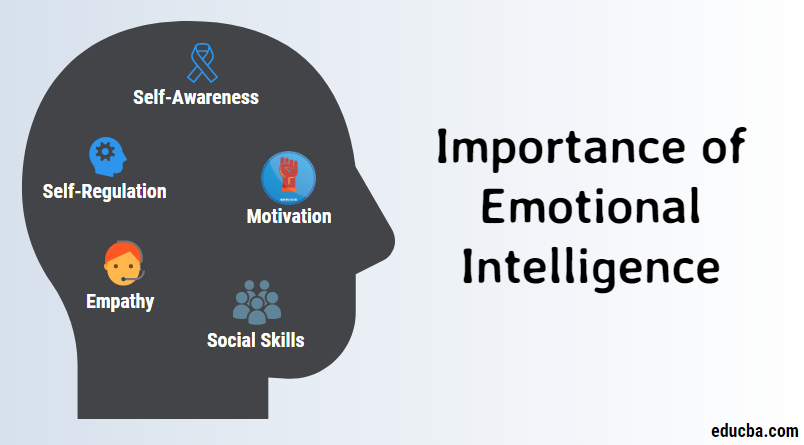There are lots of qualities that contribute to making a successful leader. Leaders need practical knowledge, critical thinking ability and technical skill to be able to perform at a high standard. They also need to be emotionally intelligent. In fact, Daniel Golman in his original publication on the subject argued that emotional intelligence may be the quality that distinguishes good leaders from exceptional ones.
Emotional Intelligence: Five Competencies
Emotional intelligence is the ability to understand and control our own emotions and those of the people around us, and comprises five competencies:
- Self-awareness
When we’re self-aware, we know which emotions we’re experiencing and how our feelings and actions can affect other team members. We also have an accurate grasp of our own strengths and weaknesses.
This awareness may be foundational for being a great leader because it enables us to empower others to perform in our own areas of weakness. It also enables us to pay attention to, and learn from, our own mistakes so that we can continually improve.
- Self-regulation
The best leaders know that self-regulation is all about expressing your emotions appropriately. Leaders who self-regulate tend to be flexible and adapt their style to each situation. When the pressure is on, it is all-important that we remain calm, treat people with respect and remain focused on moving forwards in a constructive manner. Self-regulation means that we stay in control and don’t let our emotions get the better of us.
Leaders who snap at team members when they encounter problems are unlikely to get the best out of their colleagues and may even encourage team members to cover up, rather than own and correct their mistakes. They may even compromise their values by making emotionally charged decisions. When we regulate our own emotions, we approach stressful situations with a cool head and focus on how to resolve problems rather than on where to lay the blame. This makes us better able to navigate obstacles compared with individuals who do not regulate their own emotions.
- Motivation
Motivated leaders often have strongly positive emotions towards their role, its value and their ability to lead their team. In other words, this competency is about having emotions that drive us forwards.
When we have this drive, we aim for high standards, set ambitious goals and strive to perform to the best of our ability and help others do the same. This is what sets motivated leaders apart. The enthusiasm of these leaders can infect other members of the team and make for a more motivated workforce.
- Social skills
Being a successful leader requires excellent social skills. This means having an ability to convey approachability, to listen carefully to and quickly understand other team members and to communicate effectively.
Important social skills also include nonverbal communication skills, and persuasiveness.
When we possess social skills of this ilk, we excel at conflict resolution as we can understand all sides and open up communication channels between them. Our skills also help to develop good working relationships, encourage coherence among team members and generate trust in us as leaders.
- Empathy
When we are empathetic, we’re able to put ourselves in someone else’s shoes, understand the emotional impact that a situation will have on them and respond appropriately. Empathy involves our responses to people based on this information.
Being empathetic allows us to understand the power dynamics that often influence social relationships in the workplace. Those competent in this area are able to sense who possesses power in different relationships, understand how these forces influence feelings and behaviours, and accurately interpret different situations that hinge on such power dynamics.
Having an empathetic leader results in team members feeling understood and appreciated. They are able to receive feedback in a positive way and will be encouraged to go the extra mile for the business. This can contribute to business effectiveness as well as reducing staff turnover.
Improving Our Emotional Intelligence
The great news is that our emotional intelligence level is not set in stone! There are a variety of exercises and techniques that can help us to pinpoint our areas of weakness and help us to develop and expand upon each of the five competencies listed above.
We are currently developing a three-day programme designed to enhance and improve emotional intelligence. Building on the work of Daniel Goleman, it will include an assessment of your emotional intelligence, and the three days will be packed with tools to improve both your awareness and application of emotional intelligenceIf you’re looking to improve the leadership within your business, then improving the emotional intelligence of your leaders is an excellent strategy for success. At Executive Edge Coaching, we are experts at helping your leadership team to improve their emotional intelligence so that they can flourish in their roles. To find out more, call 01594 564803 or email bevcouzenseec@gmail.com.

